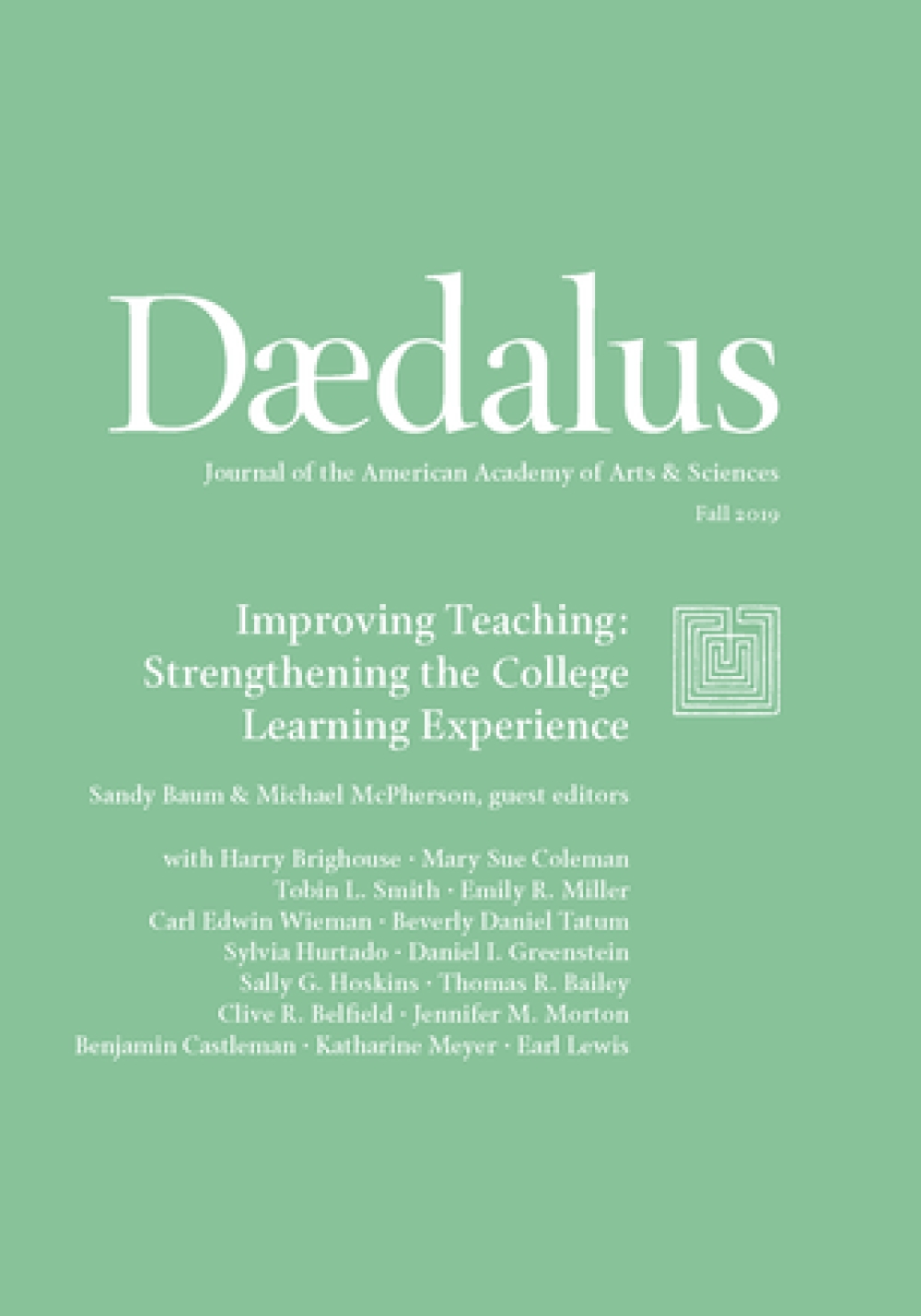
What distinctions are there between vocational (career and technical) education and academic learning in college? In this essay, researchers compare broad academic and vocational program goals, embodied skills, tasks, and jobs, with a focus primarily on community college students.
There is considerable overlap between the two types of education, so a separation of tracks presents a false dichotomy. In addition, vocational certificates, which often have little academic content, have attracted attention lately as a path to good jobs. New evidence indicates that degrees offer more substantial advantages than certificates in the labor market.
Researchers argue for an alternative framework for thinking about the optimal accumulation of skills in college. Rejecting the traditional distinction between vocational education and academic learning, they posit that educational paths are best understood as accumulations of general education, followed by terminal work-related education. Researchers label this the Gen-Tech framework and consider its explanatory power and implications for colleges and students.
